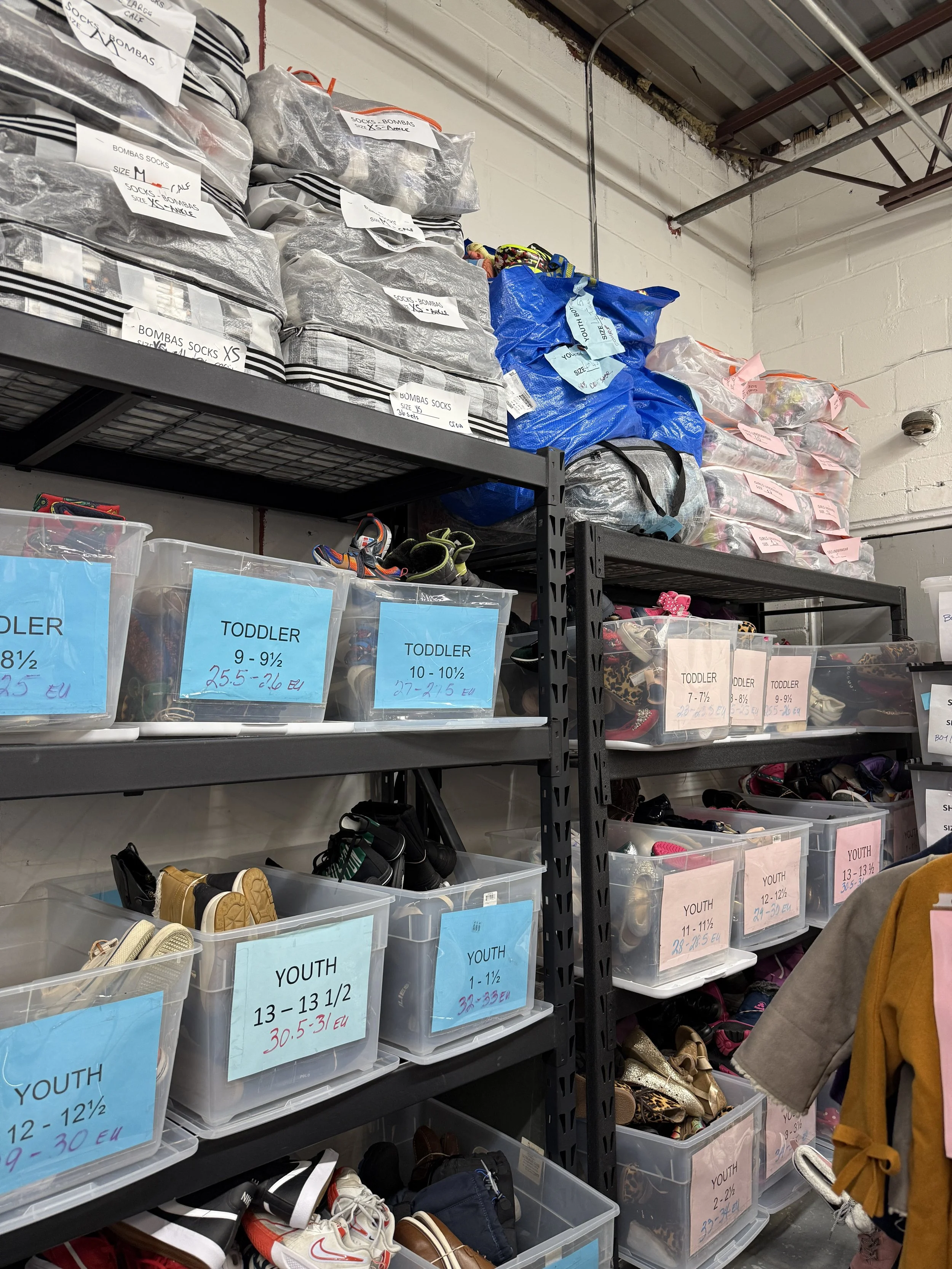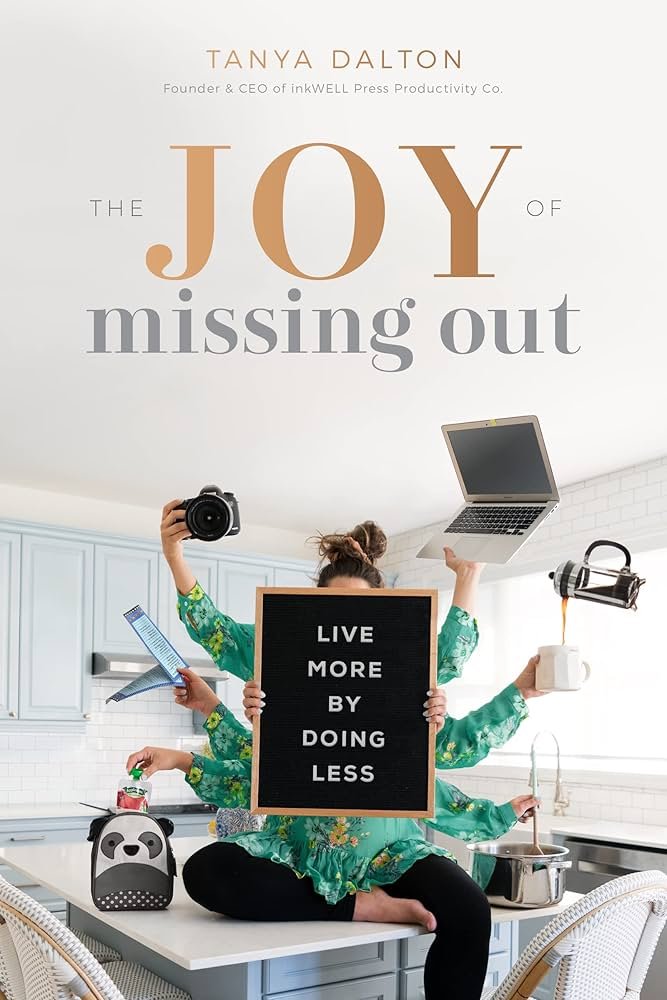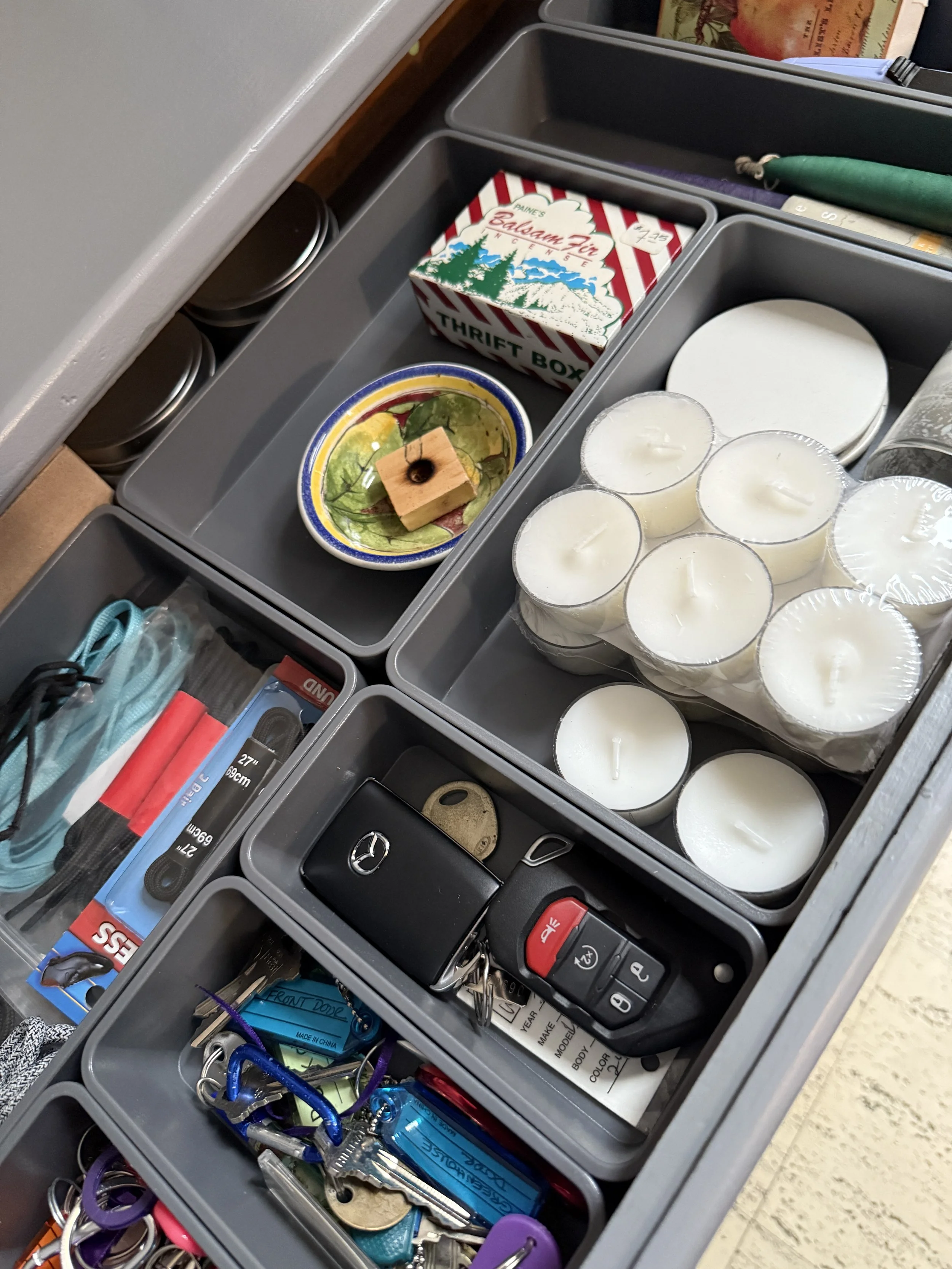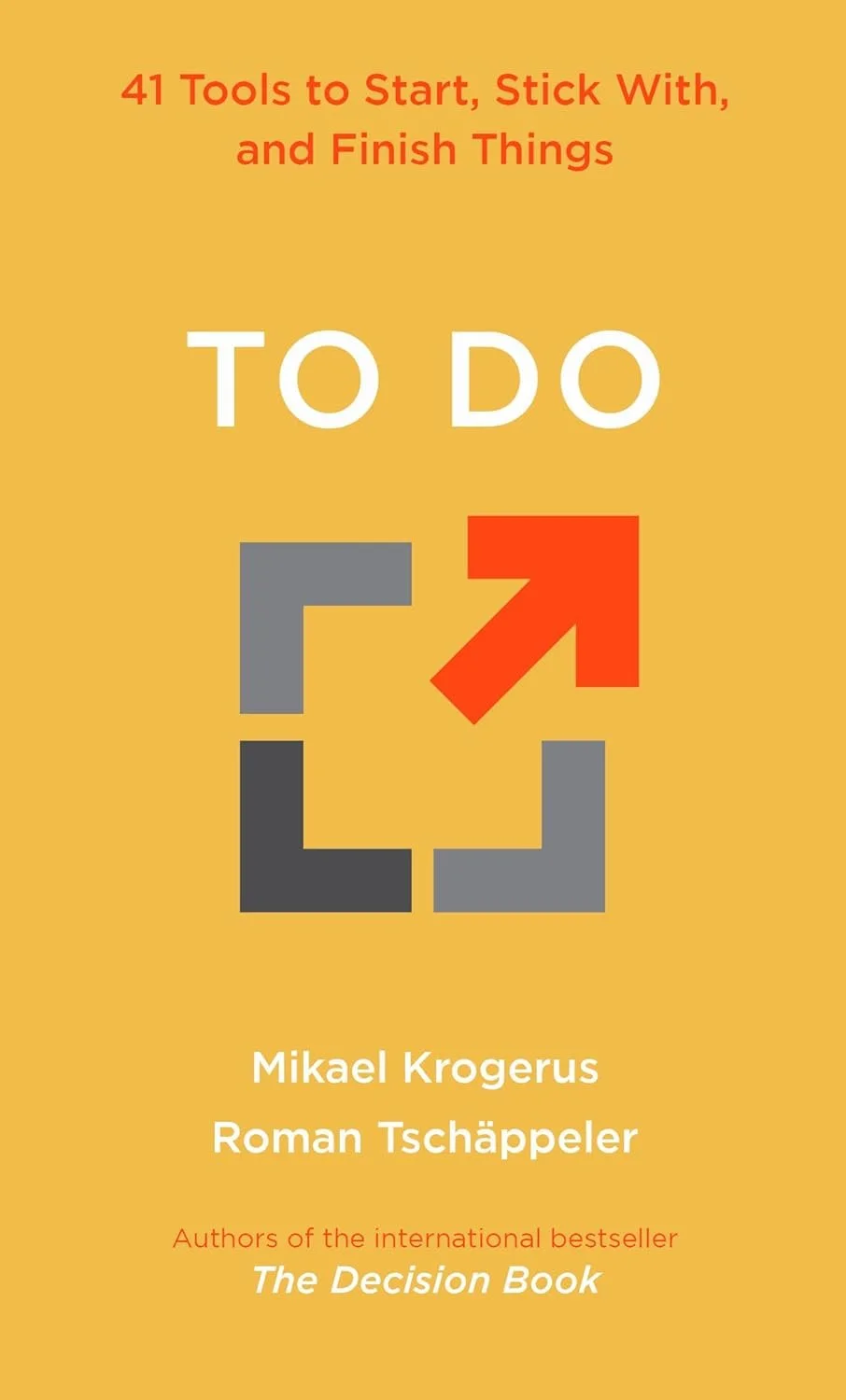Enjoy the latest release (v52) of the “What’s Interesting?” series, which features my most recent finds that inform, inspire, and connect to organizing and life balance. These unique, wonderfully human discoveries reflect this month’s blog theme.
You are an engaged, vibrant, and generous group. I am deeply grateful for your ongoing presence, positive energy, and contributions to this community. I look forward to your participation and further contributions to the collection I’ve sourced.
What do you find interesting?
What’s Interesting? – 5 Best Happy Human Discoveries
1. Interesting Workshop – Human Organizing
Are you feeling burdened and overwhelmed by clutter or disorganization? If you answered, “yes,” you’re not alone.
Research shows that cluttered spaces often contribute to stress, fatigue, anxiety, and even depression. But there’s good news—help is here!
If you’re ready to explore a kind, compassionate, and more human approach to decluttering and organizing, you’ll love this! Join me, Linda Samuels, Professional Organizer, for an engaging and transformative workshop—7 Easy Ways to Practice Mindful Organizing.
One workshop with your choice of two dates:
December 2nd at 7:00-8:00pm Eastern or
December 4th at Noon-1:00pm Eastern
By the end of the one-hour Zoom workshop, you’ll have strategies for immediate change. You will:
Gain valuable insights about gentle organizing.
Learn seven mindful organizing practices.
Receive personalized support.
This is a great opportunity to prepare for the new year. When you bring more mindfulness and purpose to organizing, you can create calm, clarity, and breathing room. Reserve your spot today!
2. Interesting Resource – Human Helping
Last month, I went on a field trip with some of my Westchester NAPO Neighborhood group organizing colleagues to The Sharing Shelf in Port Chester, NY.
This remarkable nonprofit provides clothing, school supplies, and other essential necessities, including new socks, shoes, underwear, and hygiene products, to children and teens in Westchester County.
They offer a Wardrobe Pack, which includes a week’s worth of seasonally appropriate clothing tailored to a child’s needs. They also have a Teen Boutique, a free store where teens can “shop and select their own clothing with privacy and respect.”
The Sharing Shelf reports that children facing clothing insecurity “often miss school.” The research shows that “Nearly 14% of Westchester children are chronically absent from school, and clothing is one critical cause.”
Donations of new or gently used clothing in all sizes, from newborn to adult XXL, are accepted. Items should be clean and in good condition. Pieces that are stained or damaged will be sent to textile recycling. The Sharing Shelf has a Target registry and an Amazon wishlist, so you can order items they need.
“When you bring more mindfulness and purpose to organizing, you can create calm, clarity, and breathing room.”
3. Interesting Read – Human Doing
You’ve probably heard of FOMO, the fear of missing out. Have you heard of the opposite, JOMO, which is the joy of missing out?
In The Joy of Missing Out – Living More by Doing Less, Tanya Dalton, a productivity expert, author, and speaker, discusses the overwhelm many women experience due to:
Striving to do too much
Inability to say no
Being unclear about priorities
Not knowing where to start
Tanya encourages a mindset shift, saying, “We have to begin finding the joy of missing out on that extra noise in our lives and instead find happiness in a life centered around what’s truly important to us.” She encourages us to “stop the glorification of busy” and to stop worrying that we’re not enough or are not doing enough.
In this four-step liveWELL Method, which Tanya developed for herself, she now uses it to help others create a blueprint for reclaiming their time and living the life they desire. The steps are:
Discovery – Identify your unique purpose, life priorities, and North Star.
Clarity – Align your projects and tasks with your goals and priorities.
Simplicity – Design systems that make your life easier, enabling you to manage it with less effort.
Harmony – Build upon the first three steps to create harmony and the life you love.
Tanya says, “We need to discover the priorities that are unique to us, but first we have to take hold of the truth: we must be willing to not have it all.”
“We have to begin finding the joy of missing out on that extra noise in our lives and instead find happiness in a life centered around what’s truly important to us.”
4. Interesting Product – Human Curating
One of my favorite things to organize is cabinet drawers. The more chaotic, the better. A disorganized drawer presents an opportunity to edit, organize, and create order. Why does it matter?
Imagine the feeling of opening a drawer and finding exactly what you need right when you need it. No more searching or stress. It’s a good feeling, and a time-saver, too.
Recently, my husband asked me for drawer organizers and a design for his desk drawer. I recommended these lovely gray open bins, Terra Recycled Drawer Organizers from The Container Store. They also come in white and a variety of sizes. I liked them so much that I purchased more to organize a drawer in our shoe cabinet.
5. Interesting Thought – Human Experiencing
Let’s face it. Life can be stressful and chaotic. You make plans, and things change. You start a project, and something goes wrong. Your schedule is packed with little or no downtime.
However, even knowing this, you can experience joy in everyday moments. Let yourself be open to those tiny, ordinary moments. They can replenish your reserves, reinforce your gratitude wells, and help you feel more alive in a uniquely human way.
What can these joy-infused moments feel or look like? There are a few I recently experienced:
Hearing a client acknowledge and feel positive about their progress.
Seeing the afternoon sun backlight the red and orange leaves as the gentle breeze moves them softly against the blue sky.
Holding hands with my husband.
Experiencing progress, completing projects, or making purposeful choices in the service of growth and change.
Taking the first flavorful bite of a new vegetarian chili recipe I just made, and it was delicious.
Feeling warm water pouring over me as I shower.
Seeing the autumn light fill the sky with a soft pink and orange glow.
Hearing the voices of my loved ones, seeing their faces, or hugging them.
Getting into bed at the end of a long day and feeling the comforting weight and softness of the bedding.
Human Organizing Experience
In a world flooded with AI, it’s important to keep the human connection strong and vibrant. I highlighted several ways to tap into your uniquely human qualities to improve organization, balance, gratitude, and generosity.
Which of these discoveries resonates most with you? Do you have any you’d like to add? I’d love to hear your thoughts and invite you to join the conversation.
How Can I Help?
Do you feel overwhelmed, stuck, or disorganized? I’m here to help. Virtual organizing is an extraordinary path forward – Local feel with a global reach.
Let’s talk. I’m easy to reach.
Fill out the Contact form
Email me at linda@ohsorganized.com or
Call 914-271-5673
Getting organized is possible, especially with real human support.


























